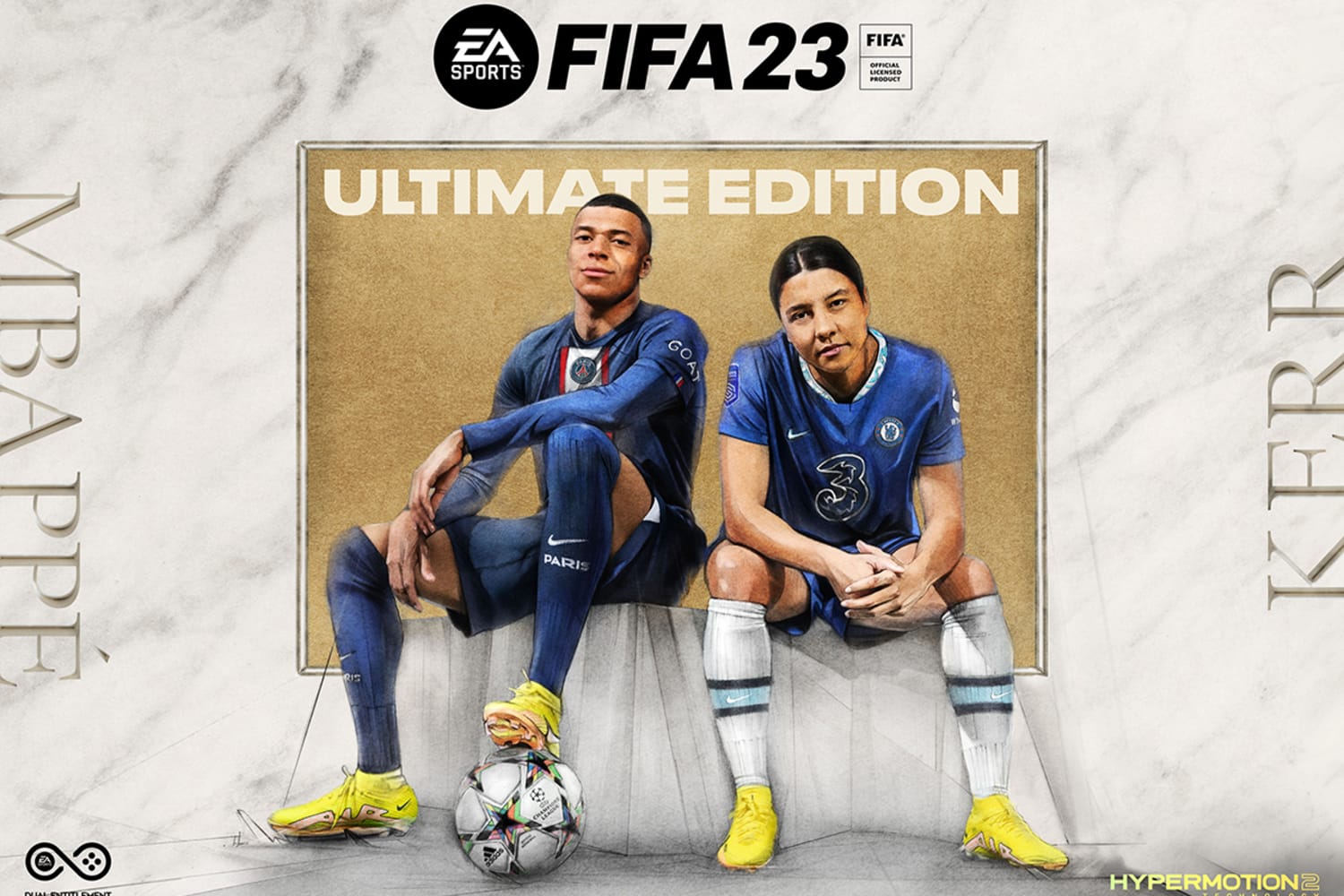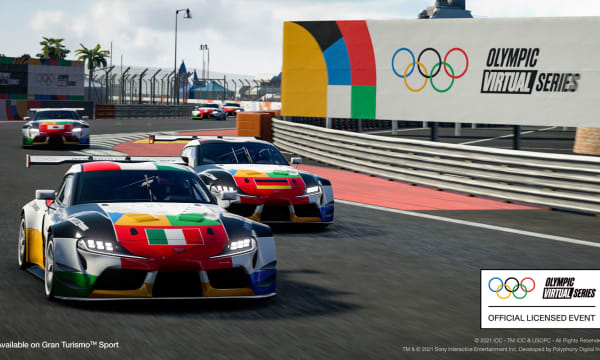Beyond soccer, women’s sport has enjoyed a run of landmark events this year, including the first female-headlined boxing match at Madison Square Garden and the inaugural Tour de France Femmes, the first official iteration of the prestigious bike race for women in 33 years. Later this year, the UK-based gender-equal cricket tournament The Hundred (which puts men’s and women’s games on side by side in the same series) will return for a second outing following record crowds in 2021. Even sports-based games are levelling up: Electronic Arts has announced the inclusion of women’s soccer clubs in the FIFA23 game for the first time, and a woman, Sam Kerr, will also grace the cover.
The trajectory is positive, but a gulf remains between women’s sport and men’s, whether in investment, sponsorship, media coverage, or in the revenues they deliver.
Heightened visibility will be crucial to closing the gender gap, driving interest and attendances which could unlock more investment. Yet a Women’s Sports Trust analysis of coverage on the BBC Sport website between April and September 2021 found that 18% of stories were devoted to women’s sport, versus 76% that focused on men’s. Similar analysis in the United States conducted by the University of South California and Purdue University in 2019 found that 95% of TV news coverage and sports highlights focused on men’s sports.
For the Euro 2022 tournament, Nike literally put athlete visibility at the heart of its ‘Never Settle, Never Done’ campaign, creating giant projections of England’s Lionesses and beaming them onto national monuments and landmarks, including London’s Tower Bridge and the White Cliffs of Dover.
A more provocative take came from the Portuguese NGO Raparigas da Bola (translation: Ball Girls) and Havas Portugal with the campaign ‘Change the News.’ Calling for gender equality in media coverage, the guerrilla campaign used augmented reality to hack the front and back pages of Portugal’s leading sports newspaper, overlaying stories of female success over the usual headlines about the men.
Michelob Ultra’s Save it, See It campaign in 2021 encouraged fans to save stories about women’s sport on Instagram, thereby teaching the algorithm to treat them as valuable and increase their prominence in feeds. Beyond that, the brand has also committed $100m towards gender equality in sports.
While crucial to success, a higher profile can often spark online harassment for athletes of both sexes. For Euro 2022 the telecommunications brand EE created the Hope United squad, a team of male and female soccer players dedicated to combatting online sexist hate. Backed by a widely acclaimed TV spot, the campaign also delivered educational resources to teach skills and techniques to tackle the problem.
Experts now predict a wave of investment as brands look to tap into the growing appeal of women’s sport. Research from The Sports Consultancy and BDO suggests that women’s sport could even deliver a better return thanks to less complex commercial structures and a less congested market. To maximise this opportunity, brands can focus on how their investment can grow and amplify women’s sport in the long term, helping the quest for gender equality, not just tap its popularity.


